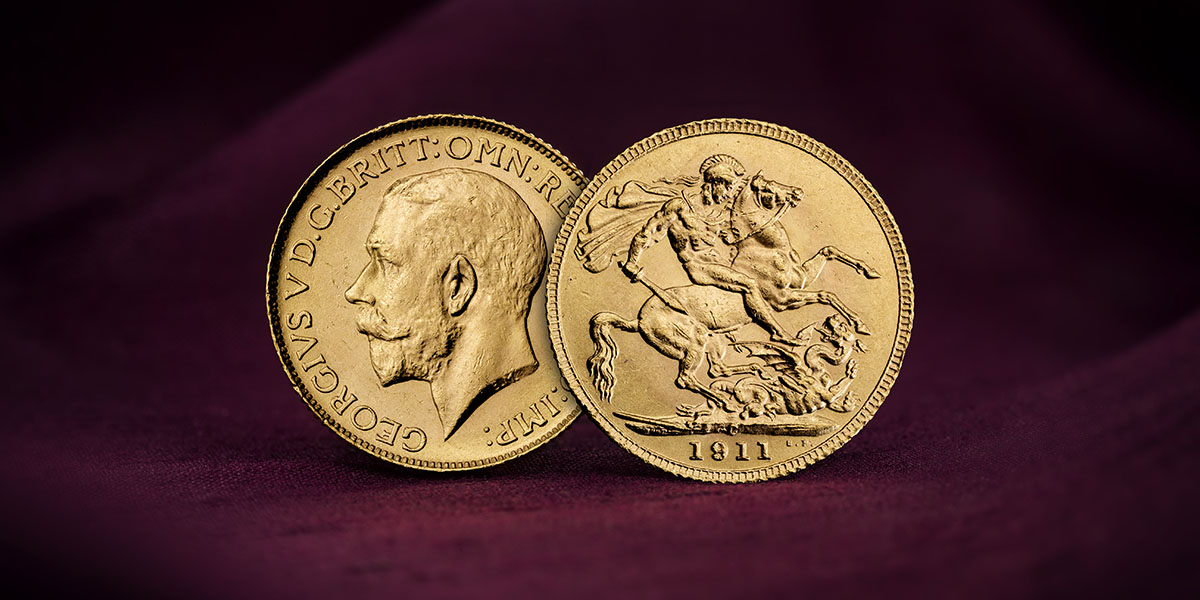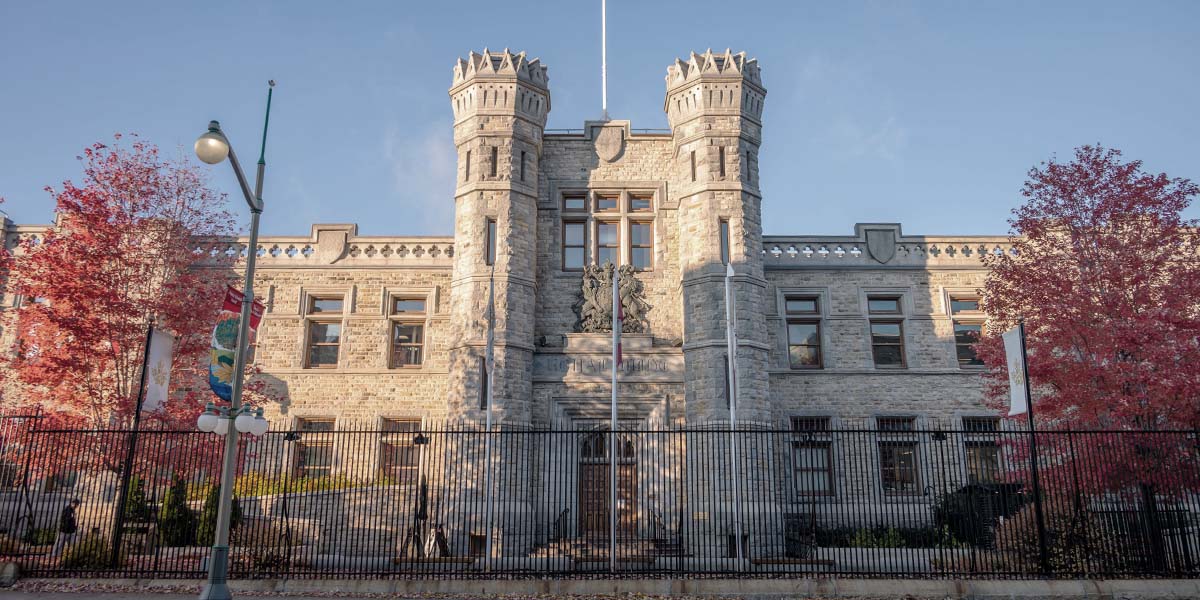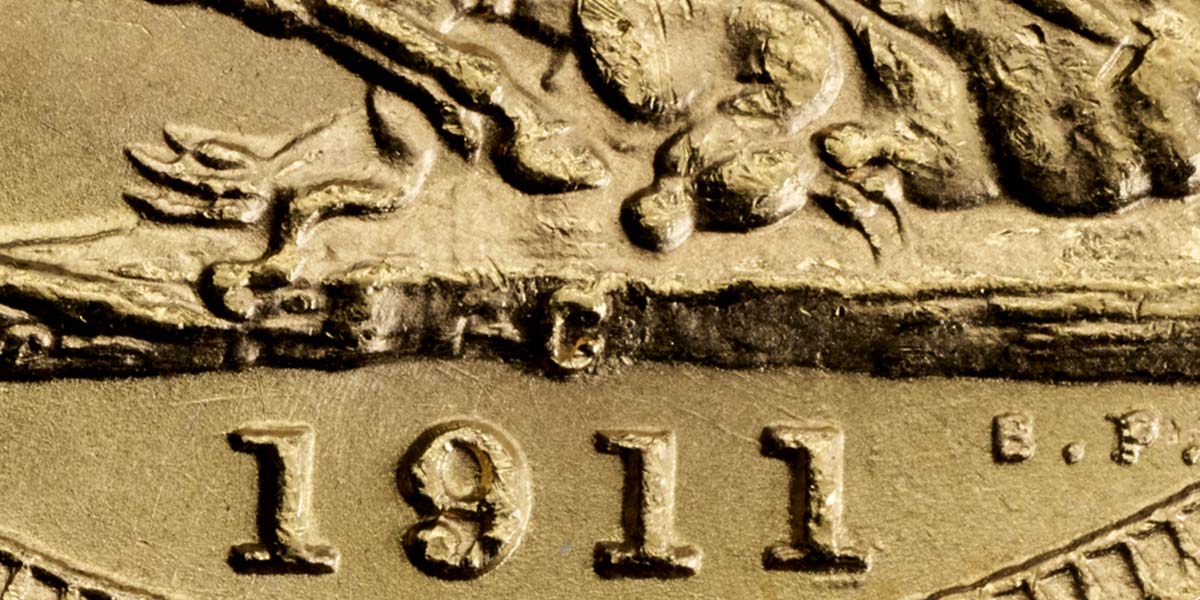Known as the ‘chief coin of the world’, The Sovereign has a rich and storied past. Intrinsically linked with the British monarchy since its inception in 1489, it has been struck in countries and continents all over the world, from Africa to North America.

Throughout the mid nineteenth and twentieth centuries, we established branch mints overseas to produce Sovereigns close to new discoveries of gold. Serving as shrewd, cost-saving operations, these branch mints negated the need to transport the precious metal to London where it would be struck into coins only to be sent back to its original location at a significant cost.
Canadian Gold Coinage
The first Canadian coinage was authorised in 1858 and coins were struck at our headquarters in London. Following the Canadian Confederation in 1867, which saw Canada evolve from a British colony to a united, independent nation, the central Canadian government assumed responsibility for the nation’s currency.
The first currency legislation assimilated the currency of New Brunswick and the two Provinces of Canada to that of the United States, but this was repealed not long after by the Dominion Act of 1871 that established the dollar, cents and mills as the currency of the whole Dominion of Canada. Although gold US coins were adopted for circulation alongside the British Sovereign, very little gold coinage circulated in Canada.

The Ottawa Branch Mint
In 1900, gold was discovered in the Yukon territory of Canada. Despite the nation’s lack of gold circulating coinage, the Canadian government expressed a desire to mint Sovereigns. In 1901, a proposal from the Canadian House of Commons to fund a branch mint in Ottawa received royal assent.
Building work for the new facility began in 1905 and it was officially opened on 2 January 1908 by Governor General Earl Grey. With its imposing three-storey pavilion and sandstone architecture, the building was designed as a homage to Windsor Castle in England.
Our time in Canada was short-lived as amidst the Great Depression of the early 1930s, the Ottawa branch mint negotiated its independence from The Royal Mint. In 1931, it became solely under Canadian control, reporting to the country’s Ministry of Finance, and was renamed the Royal Canadian Mint.

Canadian Sovereigns
Sovereign production at the Ottawa branch mint was relatively fleeting, as the facility stopped striking the coin in 1919, with fewer than 1 million struck in total. Bearing a small ‘C’ mint mark just above the date to signify that they were struck at our branch mint in Ottawa, they are the only Sovereigns produced using gold from Yukon and British Columbia, which renders Canadian Sovereigns extremely sought-after by collectors.
Specification
| Specification | Value |
|---|---|
| Denomination | Sovereign |
| Alloy | 22 Carat Gold |
| Weight | 7.98 g |
| Diameter | 22.05mm |
| Reverse Designer | Benedetto Pistrucci |
| Specification | Value |
|---|---|
| Obverse Designer | Bertram MacKennal |
| Quality | Circulating |
| Year | 1911-1919 |
| Pure Metal Type | Gold |
